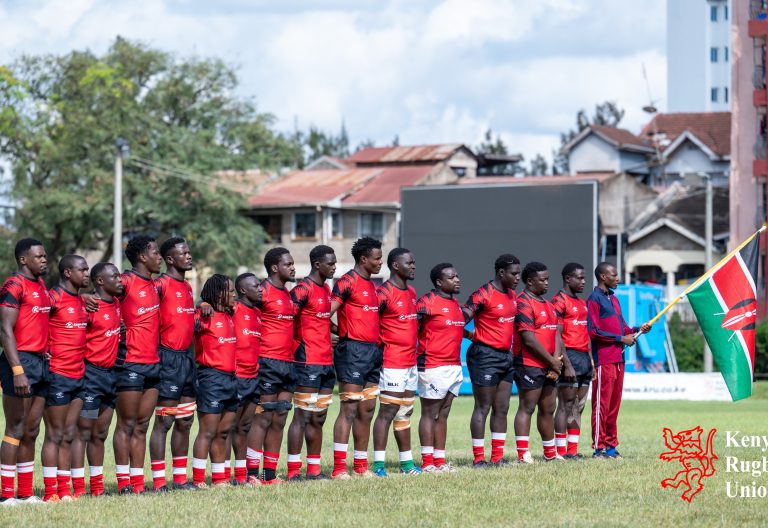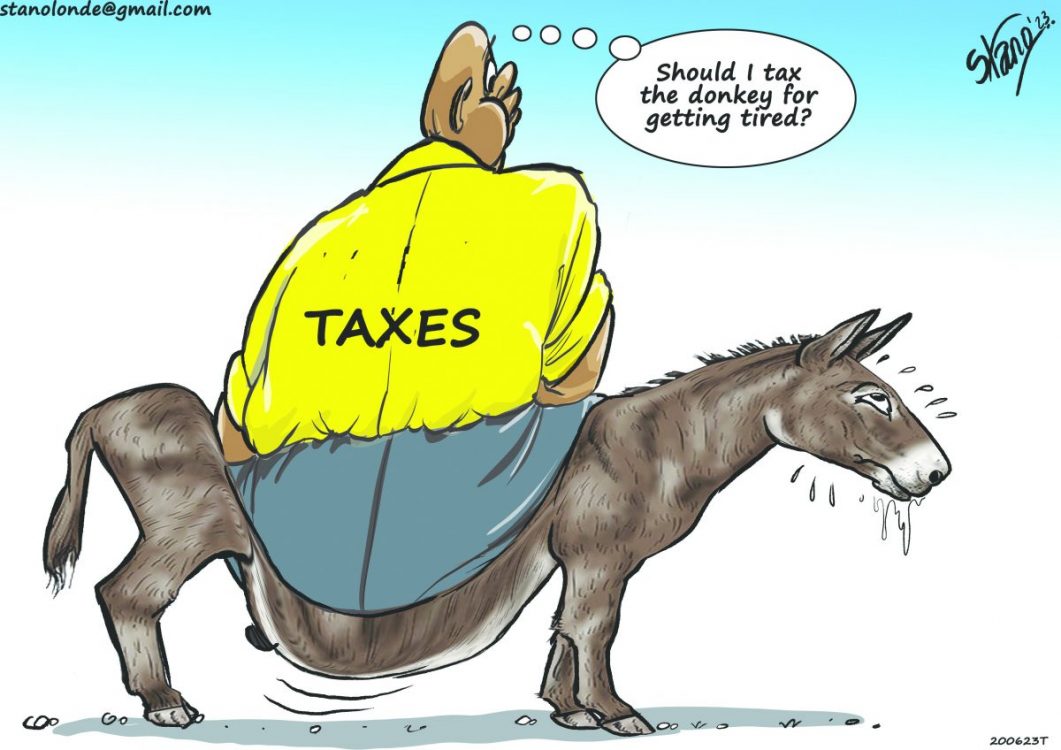Ruto’s critical moment in hard economic times
By Alberto.Leny, June 20, 2023President William Ruto faces a severe political and economic test in the early stages of his administration amid a public and Opposition backlash at some of his pronouncements and actions.
Topping the catalogue of resistance is the raft of tax measures contained in the Finance Bill, 2023 that Ruto has made his major personal political crusade to advance painful economic decisions.
The raging debate on the Bill, which passed the Second Reading last week following chaotic scenes in the National Assembly, are poised to become even more tumultuous during today’s Third Reading. Opposition MPs walked out of Parliament after the Budget Speech last week.
Today, the legislators are expected to vote on whether to adopt or reject the Bill – a defining moment of his presidency as it approaches the first anniversary in office.
Ruto has placed the Bill as the pillar of his radical proposals that have hit ordinary citizens below the belt, dumbfounding even staunch “hustler” supporters who had high hopes his contested electoral victory would herald relief from the debilitating high cost of living.
Applying overt and covert strategic tactics that have come to define his political and economic character, Ruto outmanoeuvred his political nemesis, the indomitable Opposition leader Raila Odinga in both the 9 August 2022 ballot and the corridors of justice.
He then quickly consolidated his position in the Legislature, luring scores of pro-Raila Azimio la Umoja MPs to his Kenya Kwanza political faction to secure a majority in Parliament. Despite the lopsided House leaning towards the Executive, the vocal Opposition may have found a chink in the armour.
Ruto’s Achilles heel emanates from the last election when he made a litany of promises that touched the hearts and pockets of the millions of “hustler” Mama Mboga, boda boda and unemployed youth. Here, they thought, was a chance of redemption from the harsh economic times at the ballot.
However, Ruto and his fiercely loyal supporters have discovered that making rosy campaign tactics is different when it comes to good governance and balancing the economy to satisfy an impoverished citizenry reeling from a harsh economic environment. Many promises remain unfulfilled.
Overwhelming opposition to the Finance Bill demonstrated during public participation hearings may have been temporarily smothered by the pro-Ruto wing in Parliament last week, but it faces rising objections, even from some Kenya Kwanza loyalists.
On the ground, restless citizens decry the high cost of the basic staple unga (flour), and other basic commodities and services. The Bill contains clauses including the 1.5 per cent housing levy and raising value added tax (VAT) from eight to 16 per cent, which means the cost of living will go up even higher.
Opposition legislators have promised to scrutinise the Bill clause by clause during the final debate. Whether the Bill sails through Parliament or not, Kenya faces political and economic turbulence ahead.
With the floundering bipartisan talks mooted after mass protests in abeyance, Opposition leaders have minimised claims of perceived electoral injustice emanating from the last election. Instead they are focusing on the high cost of living, now the main item in the nation’s political and economic agenda.
How can Ruto convince an increasingly skeptical public in tune with the Opposition’s critical line of thinking that his prescriptions will not be a bitter pill to swallow? That might prove to be a hard pitch to sell to wananchi ravaged by harsh economic times.
—The writer comments on political and economic affairs.
Email: albertoleny@gmail.com
More Articles

